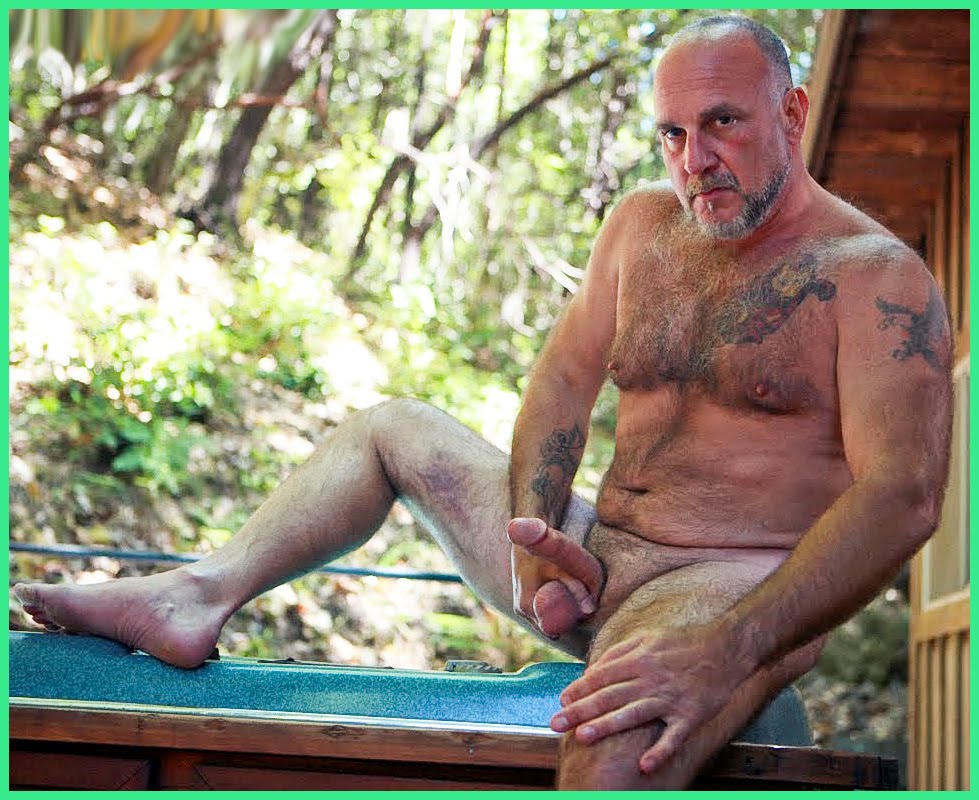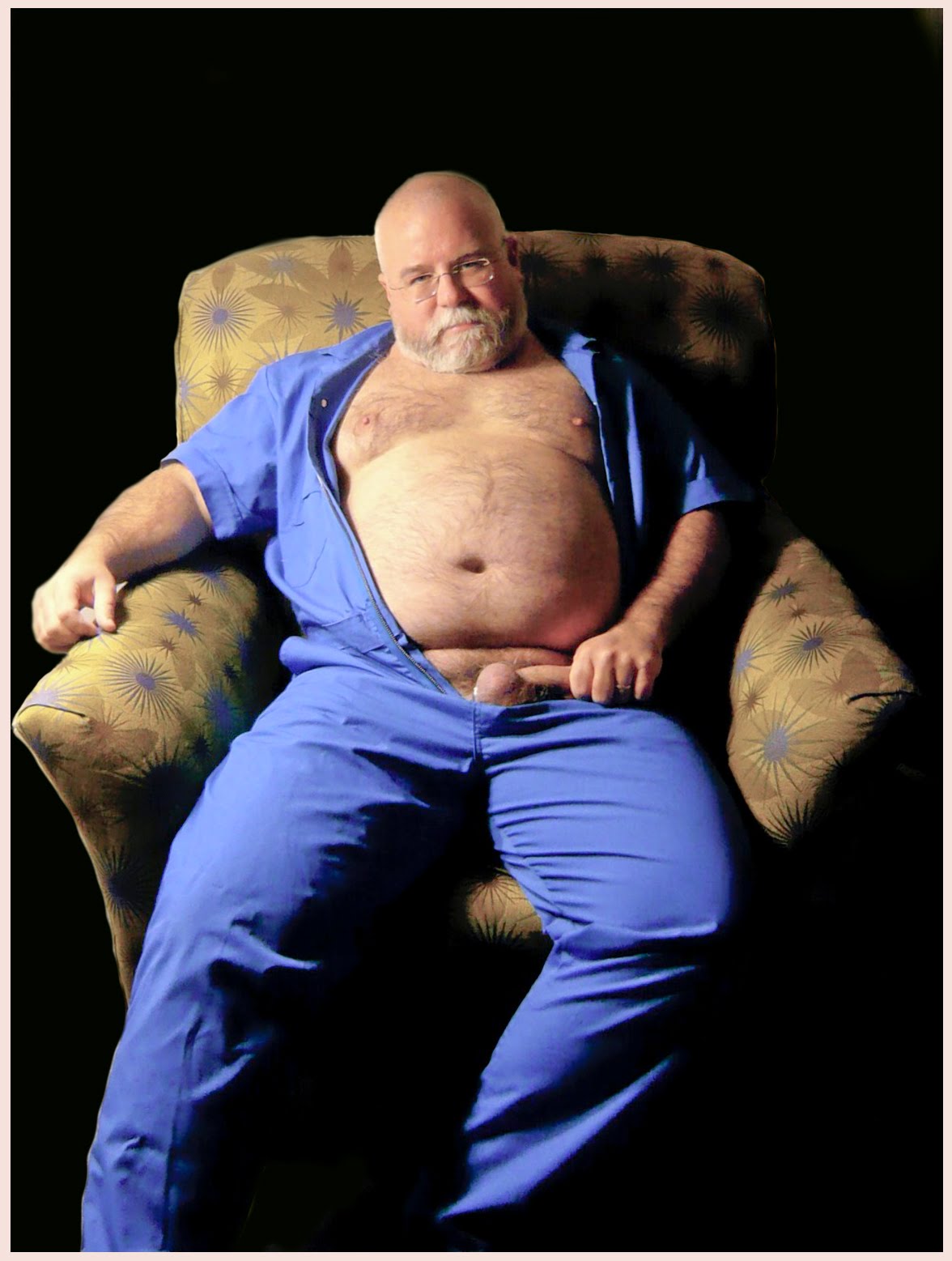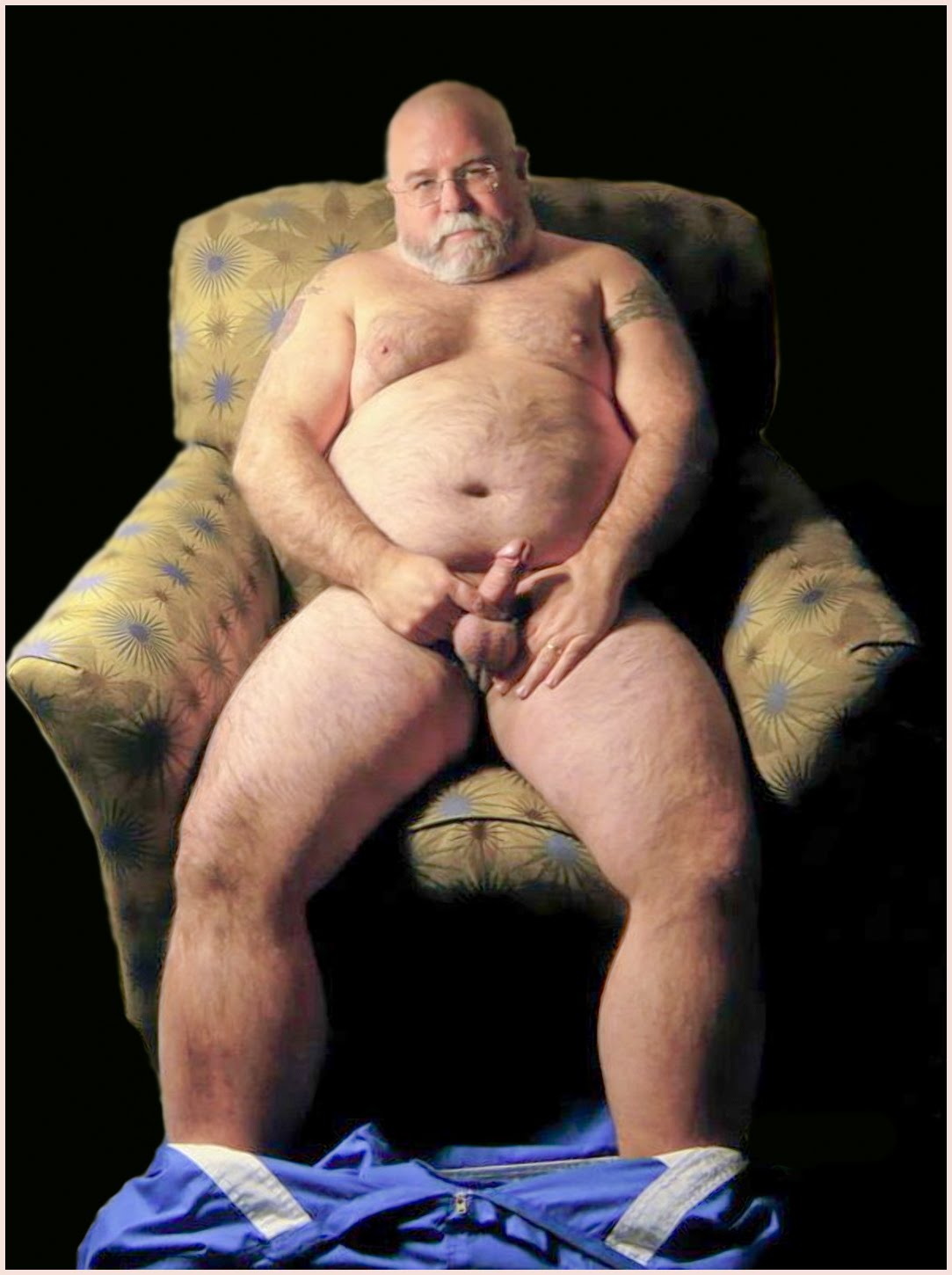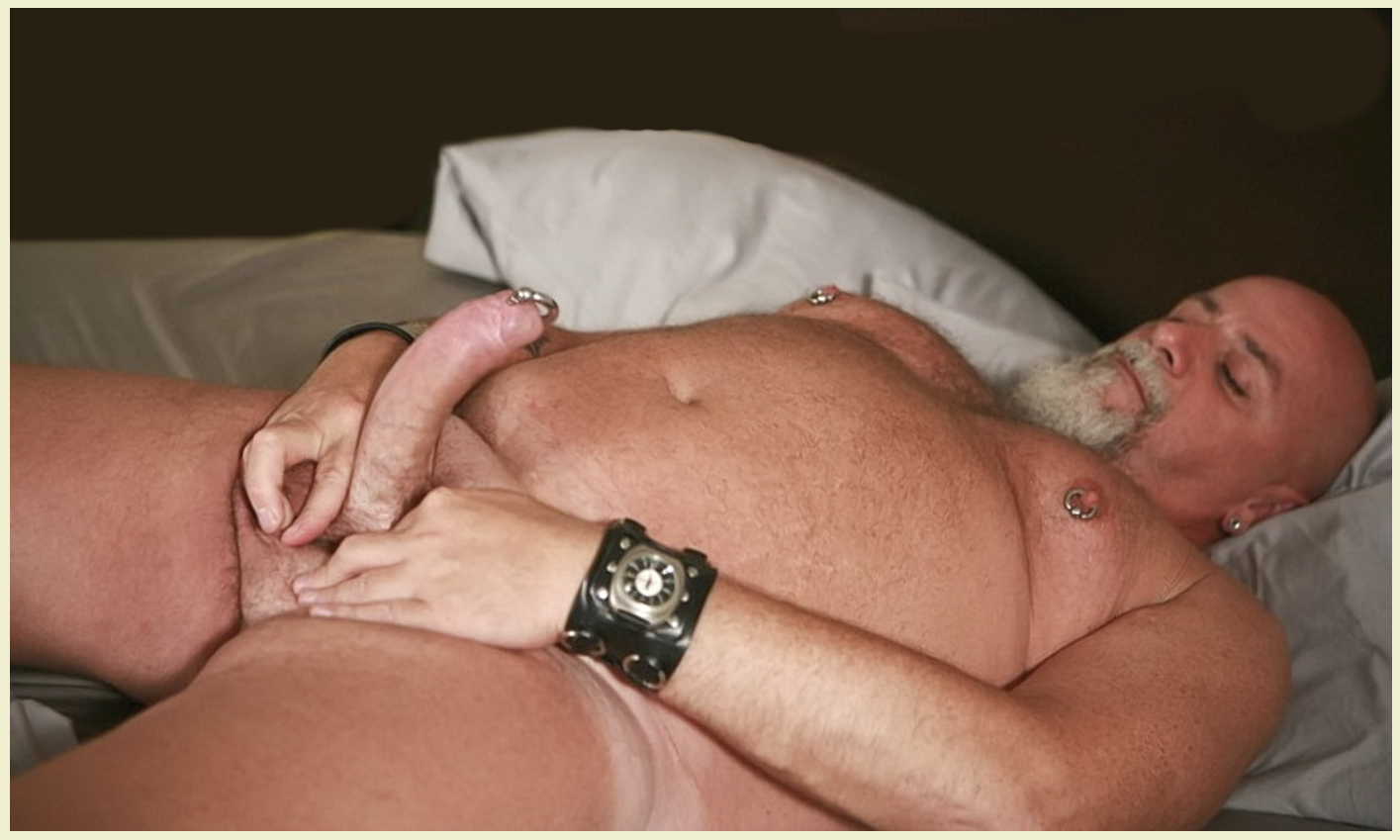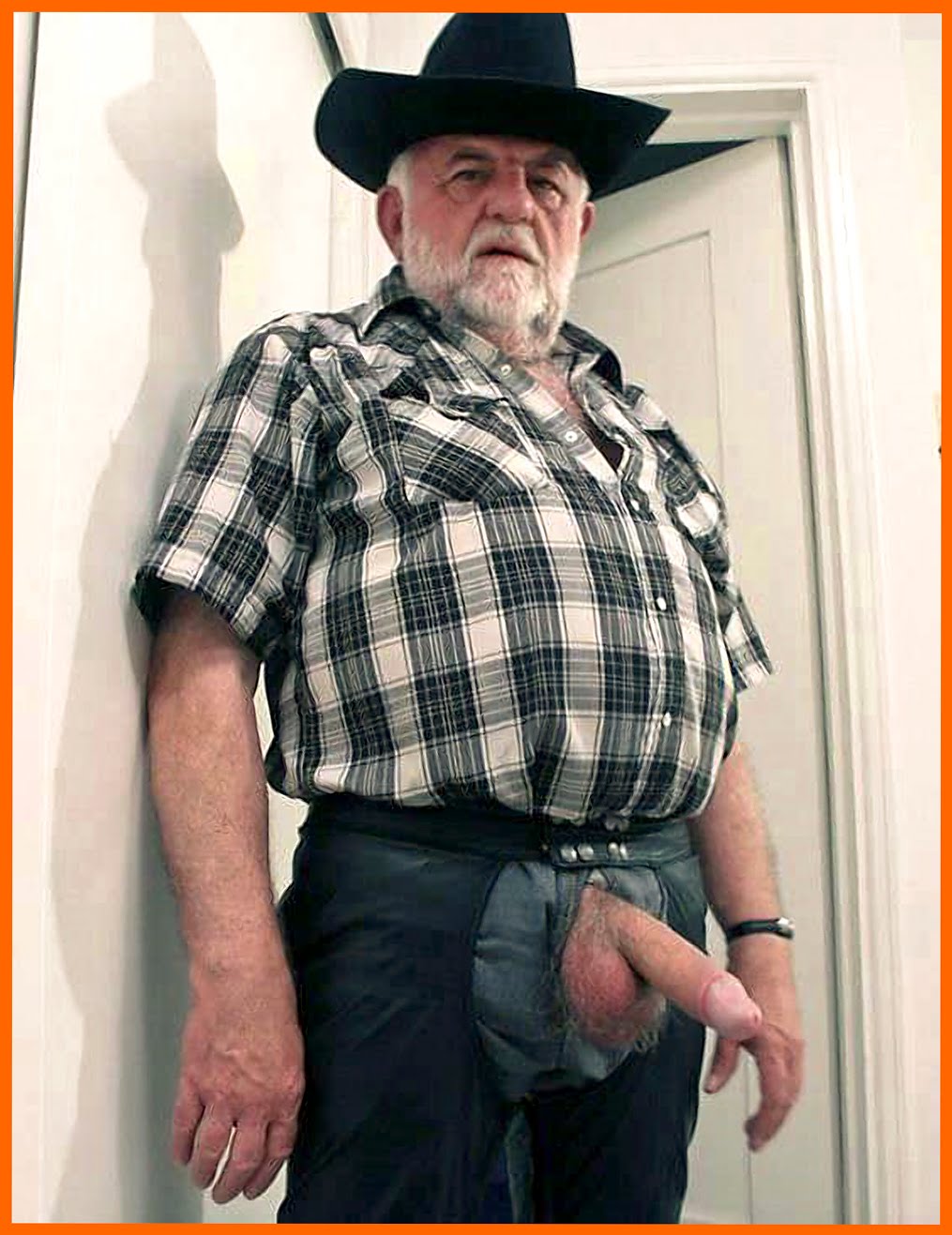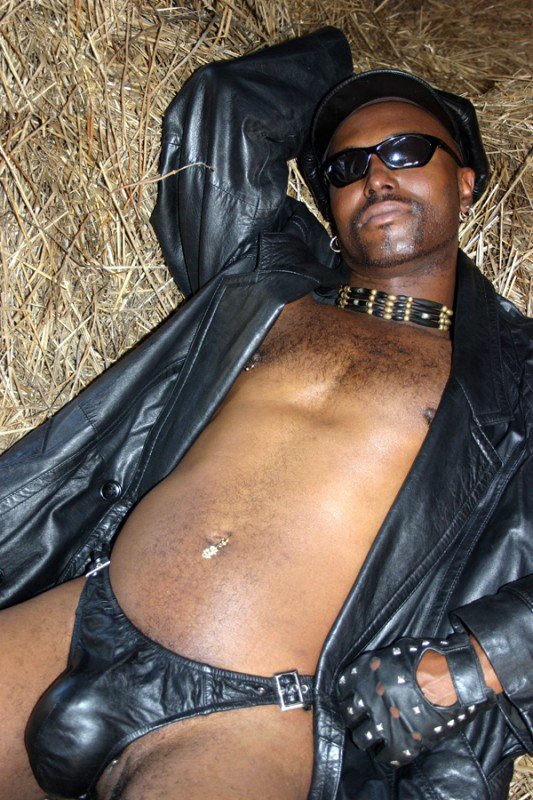Posts made by leatherbear
-
America’s gay buying power projected at $743 billion in 2010posted in LGBT News
WASHINGTON – The total buying power of the U.S. lesbian, gay, bisexual and transgender (LGBT) adult population in 2010 is projected to be $743 billion, according to the recently updated analysis.
The estimate was originally derived in a joint study by both Witeck-Combs Communications and Packaged Facts titled, “The Gay and Lesbian Market in the U.S.: Trends and Opportunities in the LGBT Community, 6th edition.”
In 2009, the gay buying power projection in the U.S. was estimated at $732 billion.
This 2010 projection is slightly less than earlier analyses – given that the entire U.S. economy has suffered its worst recessionary consequences (between 2008 and 2010) since the Great Depression began in 1929.
“Buying power projections are frequently a standard business measure for companies and policy decision-makers. This offers us a reasonable snapshot of the projected annual economic activity of America’s diverse gay, lesbian, bisexual and transgender population even in this faltering economy,” said Bob Witeck, CEO of Witeck-Combs Communications.
Since 1993, Witeck-Combs Communications has provided expert marketing and communications counsel to Fortune 500 companies in their strategies to reach the gay consumer market.
Witeck and his co-founder, Wes Combs, also are co-authors of “Business Inside Out: Capturing Millions of Brand Loyal Gay Customers” (Kaplan 2006).
“Buying power is not the same as affluence or wealth. No one should infer that same-sex households are more affluent than others – this is little more than a stereotype, considering the economic evidence available,” Witeck said.
“We have seen research from academic researchers that strongly suggests gay men may earn slightly less than their heterosexual counterparts.”
He added that, “the best available census data on same-sex couples supports the understanding, however, that LGBT households tend to skew in major metro and suburban areas – a characteristic generally associated with higher than average income. And while parenting trends grow, we also see evidence through census snapshots that same-sex couples remain less likely than their married heterosexual counterparts to have kids, and they are more likely to have both partners in the workforce, factors which yield slightly higher per capita household income, especially in the case of gay male couples.”
Nonetheless, Witeck concluded, “we also are well aware that under existing laws and norms, same-sex couples are penalized throughout the economy by discriminatory tax burdens, a hodge-podge of inadequate relationship rights and obligations, complex and costly barriers to adoption and parenting, and barriers to access to public safety net programs that are routinely available to married couples and their families.”
Based on a reasonable and broad range of population samples, the analysis benchmarks between 6 percent to 7 percent of the adult U.S. population who self-identify as gay, lesbian or bisexual, or between 15 and 16 million adults. Unlike estimates of buying power for other populations, such as African-Americans or Hispanics, the projected LGBT population is estimated only among adults over the age of 18 when they are more likely to be fully aware and able to define their sexual orientation or gender identity. For other groups such as African-Americans, Asian-Americans and Latinos, the population total includes all ages.
The method used for this annual economic projection is intended to roughly mirror the accepted approach taken by the Selig Center for Economic Growth at the University of Georgia in its calculation of the purchasing power of niche consumer segments such as Hispanics and African Americans. This methodology uses national aggregate disposable income data that are compiled by the Bureau of Economic Analysis (BEA) of the U.S. Department of Commerce and are therefore considered the most authoritative picture of overall purchasing power in the United States. Gay and lesbian purchasing power is calculated by allocating a proportion of aggregate disposable personal income (DPI) to the gay and lesbian consumer segment.
“Buying power, we know, signals one critical measure of the growth and size of the vital LGBT consumer market,” said Don Montuori with MarketResearch.com. “In our analysis, we are clear to define buying power as another term for ‘disposable personal income,’ which is the total after-tax income available to an individual to spend on personal consumption, personal interest payments or savings. According to economists, today this roughly equals 86 percent of income.”

-
U.S. Gay Couples Banned From Adopting Russian Childrenposted in LGBT News
A new round of U.S.-Russian negotiations on child adoptions that started Wednesday in Moscow swiftly decided that same-sex U.S. couples would be banned from adopting Russian children.
Only heterosexual married couples will be permitted to adopt children, as Russia does not recognize same-sex marriages, said Alina Levitskaya, a senior official at the Education and Science Ministry, Interfax reported.
U.S. and Russian officials still must negotiate ways to monitor Russian children adopted by U.S. parents and the possible transfer of the children to new families if something goes wrong, Levitskaya said.
Negotiators expect to clear all remaining issues in the next two to three weeks, but an agreement on child adoptions will not be signed before November or December, Levitskaya said.
Meanwhile, children's ombudsman Pavel Astakhov promised a new round of checks on state child welfare agencies. Agency officials found to have broken the law will "face responsibility, including criminal responsibility," Astakhov said in a statement.
He also called for checks of U.S. adoption agencies working in Russia and a reduction in their number.
Russian officials demanded the adoption agreement after a U.S. mother returned her 7-year-old adopted son to Russia unaccompanied on a plane in April. The mother said the boy was psychologically unfit and dangerous.
Russia also plans to negotiate adoption agreements with Britain, France, Germany, Israel, Spain and all other countries that adopt Russian children, Levitskaya said.
U.S. and Russian negotiators agreed at earlier talks that U.S. adoption agencies working in Russia would have to receive U.S. accreditation, which obliges them to comply with the international Hague Convention on Intercountry Adoption. The convention has been ratified by the United States, but not Russia.
More than 40 U.S. adoption agencies have applied for U.S. accreditation, Levitskaya said.
From 1996 through March this year, 14 Russian children appear to have died at the hands of their adoptive U.S. parents, a spokesman for the Education and Science Ministry said by telephone Wednesday.
About 60,000 Russian children have been adopted by U.S. families since 1996, Astakhov said.
Some 120,000 Russian children are registered as orphans every year, a senior official with the ruling United Russia party said in May.
-
Milwaukee Lawsuit Over Police Censorship of Gay-Themed Play Settledposted in LGBT News
MILWAUKEE, WI – The Milwaukee Gay Arts Center yesterday received a check for $20,000 from the City of Milwaukee in settlement of a federal lawsuit filed on its behalf by the ACLU of Wisconsin. The suit alleged that the City violated the First Amendment by shutting down “Naked Boys Singing,” a musical play with gay themes that has been produced around the country, after receiving complaints from a citizen who objected to its content.
Paul Masterson, the Executive Director of the Milwaukee Gay Arts Center, said the settlement sends a message that the government should not interfere lightly with theatrical works, including works that express and celebrate gay identity. “Good theater sometimes challenges convention,” he said. “The police should not shut down a play because some people find it offensive.”
City officials told MGAC representatives that it could not stage the play because the Center had not obtained a theater license required by a local ordinance. The ordinance requires that the Common Council approve theater license applications, but the Common Council was not meeting until long after “Naked Boys Singing” was scheduled to run. After the play was shut down, the City determined that, because the Milwaukee Gay Arts Center was a non-profit organization, it was exempt from the license requirement. After the dispute over “Naked Boys Singing” emerged, the City changed its theater licensing forms to make clear that non-profits were not required to get a theater license. However, the city ordinance still requires for-profit theaters to obtain a license and puts no time limit on when the Common Council must decide on the license application.
“Requiring any theater to get a license before putting on a play comes dangerously close to the kind of ‘prior restraint’ on speech the First Amendment was designed to prohibit,” said ACLU of Wisconsin Legal Director Larry Dupuis. “We are pleased that the City has clarified the process so that non-profits will know they are not required to get a license. However, we continue to believe that the City should amend its ordinance to limit the time the City has to issue any theater license. It’s too easy for the authorities to just delay giving the permit to performances they don’t like.”
MGAC was represented in the case by cooperating counsel Steve Porter and Jeff Scott Olson of Madison, Wisconsin, and ACLU of Wisconsin legal director Larry Dupuis.
-
Gay Marriage has judges on Eletoral hot seatposted in Politics & Debate
The northwest Iowa judge didn't know how to respond to the newspaper ads, radio spots or "Vote No" pamphlets calling for his removal after he divorced a lesbian couple in 2003. Judicial ethics rules banned campaigning, except to respond to an attack. Direct fundraising was not an option.
Neary survived that campaign against him six years ago, but judges who face retention votes this year are braced for similar political attacks, in response to the Iowa Supreme Court decision that made same-sex marriage legal.
At least one group that tried to impeach a Polk County judge in 2007 over a same-sex marriage ruling is considering an effort this fall to boot judges off the bench. Others who opposed that decision say they will encourage supporters to vote "no" on all judges who appear on the November ballot.
Iowa voters have removed four judges from the bench since the state's merit selection system was enacted in 1962.
Legal observers predict the Varnum vs. Brien same-sex marriage case will inspire last-minute calls to unseat judges, potentially politicizing the retention votes of jurists who are supposed to remain impartial. The ruling's opponents say that the justices have already injected politics into the court and exceeded their constitutional power.
"I'm not at all hesitant to say I expect attacks," said Rachel Paine Caufield, a Drake University assistant professor who studies judicial selection and retention. "We've seen it in other states, and we've seen that they often come late in the game."
Among those on the ballot this November: Iowa Supreme Court Chief Justice Marsha Ternus, and Associate Justices Michael Streit and David Baker — all part of the seven-member court that last year unanimously overturned the state's decade-old gay marriage ban. Each declined to be interviewed for this article.
Judge fought to keep his job, and wonNeary, appointed by Gov. Tom Vilsack in 2002, was challenged after he divorced a Sioux City lesbian couple that had formed a civil union in Vermont. Neary later said he did not realize the couple was same-sex, and amended his ruling to say he had only ended a civil union.
The 2003 decision — before gay marriage was legal in Iowa — triggered an outcry from social conservatives and calls by Rep. Steve King, a Republican, to vote Neary off the bench.
Neary held his seat with 59 percent support, but that was the narrowest margin of any Iowa judge retained in the past decade, a Des Moines Register review of voting data shows. Judges in that 2004 election were retained with an average of 77 percent support, a figure that has changed little in recent years.
Neary's retention fight mobilized a range of activists.
Neary, 51, said he borrowed money from a family member and recruited two well-known local attorneys — a Democrat and a Republican — to campaign on his behalf. He met with his opponents in the basement of an Orange City Pizza Ranch. Neary said he has never looked to see who contributed to his campaign.
"My loyalty is to the law," Neary said. "It's to make a decision to the best of my abilities, given what I believe the law to be. I don't know all the answers. And I don't believe that I — nor do I believe that many judges at all — bring to their job a particular agenda."
But Neary didn't forget the campaign against him.
"I will tell you, honestly, that for two years after my retention election, I thought carefully about how I was going to rule on things," said Neary, who stands for retention again this year. "I don't want to say that I changed rulings, because I don't think I ever did. But you ask yourself: Who's going to care about this decision?"
Kevin Alons, a Salix conservative who tried rally voters to oust Neary, said he waged the campaign because he felt the ruling was an abuse of power. Alons said he has no plans to campaign against judges this year, but routinely encourages Iowans to vote "no" on all who are up for retention.
"At this point, there's no accountability in the system," Alons said. "Until the judges recognize that it could happen, they apparently don't give a rip — what people think, what the Constitution says, what the intent of the lawmaker was."
Polk judge: Majority doesn't always ruleJudge Robert Hanson said in an interview that he anticipates some effort before the November election to remove him.
"I don't know exactly where they will come from or what they'll amount to," Hanson said. "The cynic in me — the realist in me — suspects that people have long memories, and won't forget these things."
The Polk County district judge made the initial ruling in the landmark Varnum vs. Brien case, deciding that same-sex couples could not be denied licenses to marry. Iowa's Supreme Court unanimously upheld his decision.
Hanson was appointed by Gov. Tom Vilsack in 2003 and was retained the next year with 79 percent support. But, he said, after the ruling he was contacted by individuals who appeared to believe that the judge himself had initiated the lawsuit.
In fact, the lawsuit was filed by six same-sex Iowa couples and backed by the national gay rights group Lambda Legal.
Judges, Hanson said, are held accountable in several ways: the appeals process, which allows higher courts to overturn decisions; impeachment for judges who commit crimes or other serious ethical breaches; the merit selection process that chooses judges; and retention votes.
But the belief that judges should simply reflect majority opinion "flies in the face of the whole notion of the judicial independence," Hanson said.
"It flies in the face of the notion that we don't want every issue in this country to be decided by what the majority believes," Hanson said.
Bar Association panel defends some judgesPolitical attacks on judges are rare in Iowa, said Dwight James, a Des Moines lawyer who heads an Iowa State Bar Association panel on judicial independence.
But, James said, he anticipates attacks this year on the three Supreme Court justices who face retention, and possibly on judges who have performed same-sex marriages. Judges who marry heterosexual couples must also perform marriage ceremonies for gay couples, the Iowa attorney general's office has said.
James said his committee only defends judges against unfair or politically motivated criticism, not misconduct. He said he has only responded to a handful of attacks, because Iowa's merit-selection system produces high-quality judges.
"Once we begin to get rid of judges to protect an ideology, we begin to destroy the freedoms of our country," James said. "The pendulum will swing. If you have the judges that will implement the will of this majority, maybe next time you get a different will. In either case, it's wrong."
No new groups have formed this election cycle to challenge judges, said Charlie Smithson, executive director of the Iowa Campaign and Ethics Disclosure Board.
But Smithson said political groups that exist for other purposes could involve themselves in retention campaigns.
Unlike in legislative races, he said, political action committees in Iowa can advocate for or against specific judges.
Mark McCormick, a Des Moines lawyer and former Iowa Supreme Court justice, said he doubted attacks would come from large, organized groups.
"There may be some talking and isolated invitations to vote against the judges standing for retention," he said. "The people who are enlightened on the legal aspects of the issue understand that it wouldn't really accomplish anything, other than perhaps vengeance."
From a post by Joshua at GTN ~ original source unknown.
-
RE: Duo handsomeposted in Porn
They are quite handsome but I do hope that they will continue to get undressed and active. There must be more to this series of pics. ::)
-
Most BitTorrent files illegal: studyposted in General News
IF it were possible to scoop up an armful of files shared on BitTorrent, the overwhelming majority of it would be illegally copied or pornographic.
A study, funded by Village Roadshow and conducted by the University of Ballarat's Internet Commerce Security Laboratory (ICSL), sampled a thousand BitTorrent files and found that 89.9 per cent of them were illegal and, of the remainder, 8.2 per cent was porn.
Village Roadshow is a member of the Australian Federation Against Copyright Theft, currently leading the charge against iiNet in a landmark online copyright stoush in the Federal Court.
Movies and television files made up around 72 per cent of the sample and the study found that a million computers were being used to share or "seed" the most popular movie title on the network. The next most popular title was seeded more than 500,000 times.
If the pornographic titles in the sample were also deemed to have been copied illegally then 98.1 per cent of files shared using BitTorrent would infringe copyright.
Taking the oft-quoted rule of thumb that file-sharing absorbs about half of all internet traffic the study suggests that illegal file sharing is happening on such a vast scale as to make film and TV copyright virtually meaningless.
Neil Gane, executive director of AFACT, which welcomed the study today, said: "It may be a legitimate software but, as we have always maintained, it is the preferred software for sharing unauthorised copyright content."
According to AFACT, previous research has focused on the volume of files distributed on file sharing networks but this study is the first to analyse the legality of the files being shared.
The study has been aired in a climate of growing public hostility between AFACT and its opponent in the most important internet copyright trials currently taking place in Australia - and, arguably, the world - Perth-ISP iiNet.
The two have been engaged in a bitter Federal Court battle in which AFACT is attempting to get a landmark decision which would see ISPs held liable for their customers' online copyright infringements. Federal Court Justice Denis Cowdroy ruled against AFACT in a ruling handed down February but the federation will appeal the decision to a full bench of the court next month.
The public stoush started Wednesday when AFACT head Adrianne Pecotic accused internet providers of ignoring pleas to help copyright owners crack down on online piracy during an address at the Media and Broadcasting Congress in Sydney.
That prompted iiNet regulatory chief Steve Dalby to publish a letter describing Ms Pecotic's words as "poor attempts" to paint AFACT as the voice of reason that "belied their ongoing negative and unproductive behaviour".
"During the hearings in October last year, correspondence between the two industry representatives (IIA and AFACT) was tabled as evidence. This correspondence showed a genuine desire by the IIA to explore the issues presented and an absolute ‘smack-down' by AFACT in a letter signed by Adrienne Pecotic. AFACT are quite dishonest when they call for cooperation," Mr Dalby wrote.
It's understood that AFACT is planning a rebuttal.
ICSL is funded by the Victorian state government, IBM, Westpac, the Australian Federal Police and the University of Ballarat.
From The Australian.

































